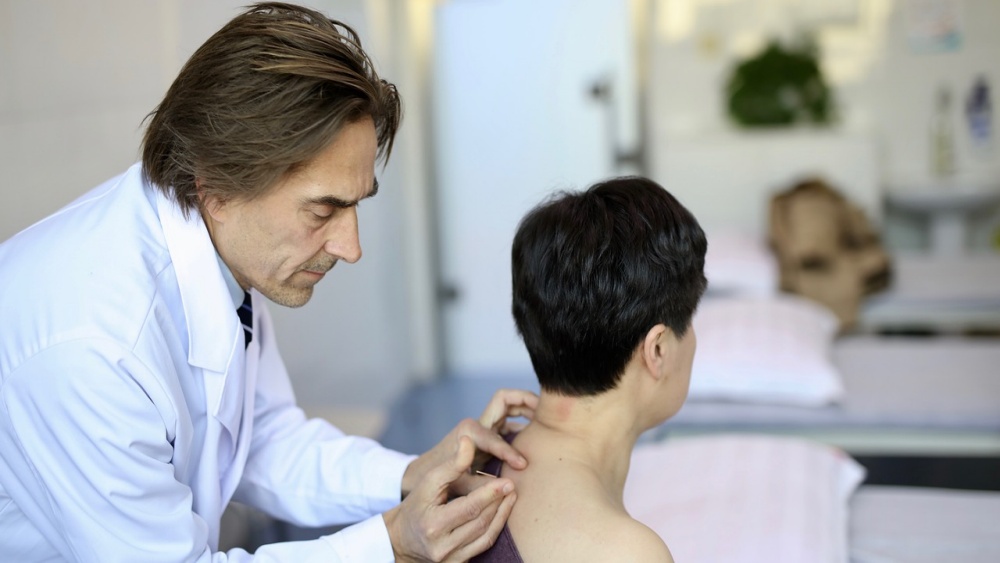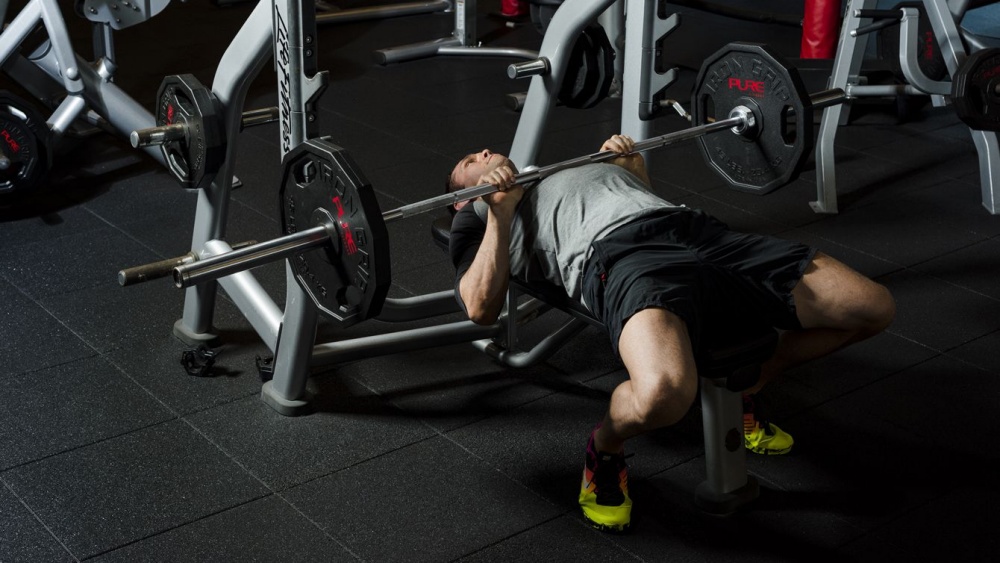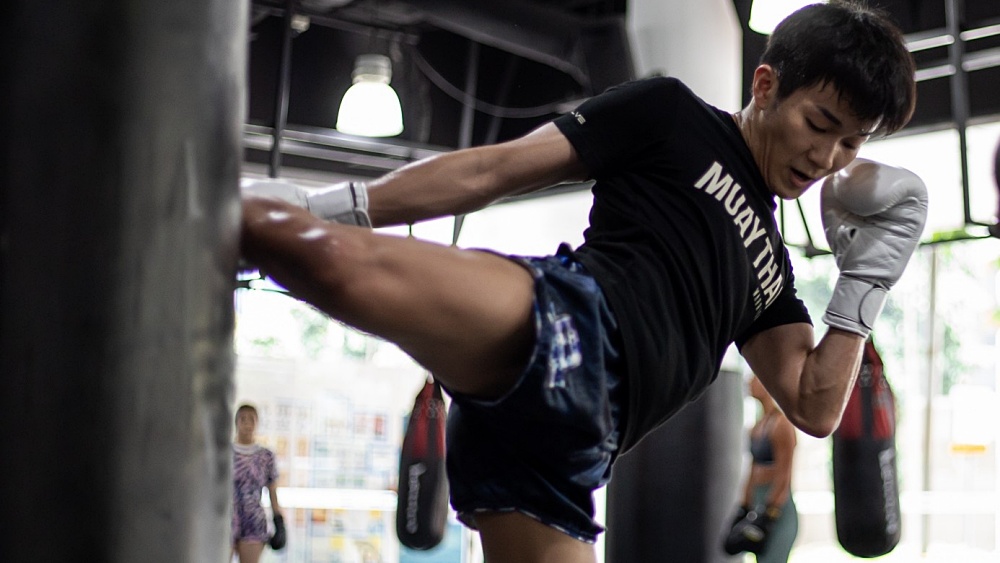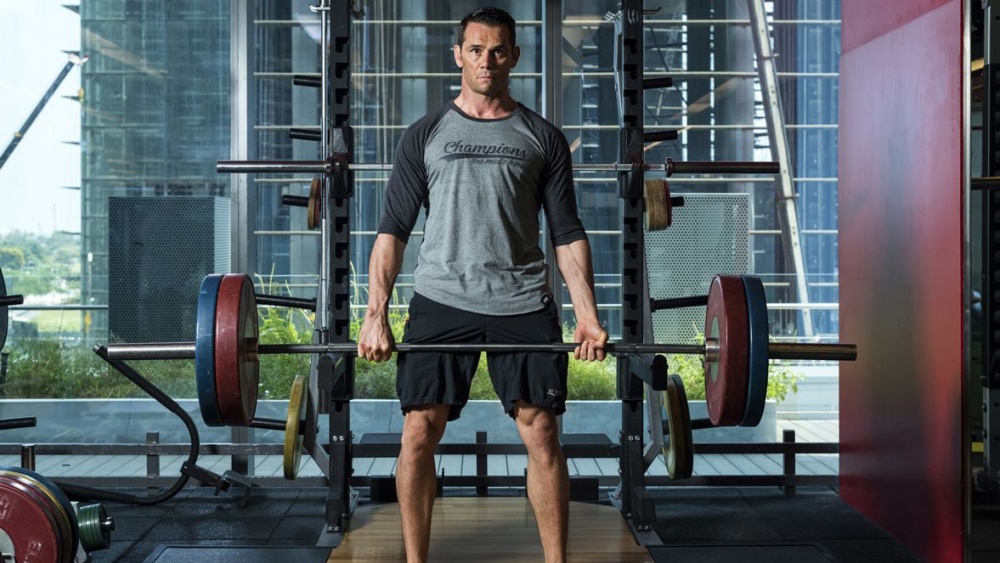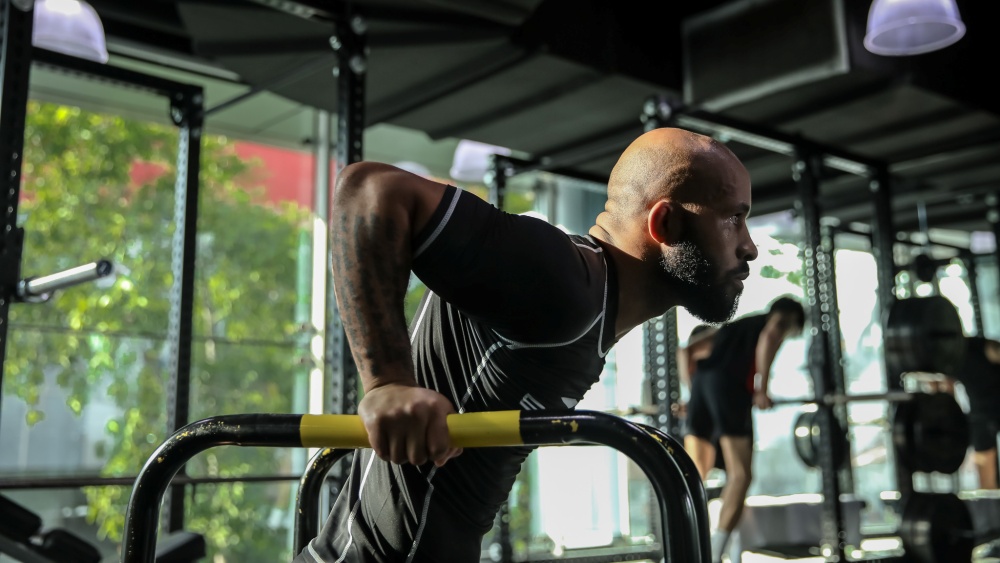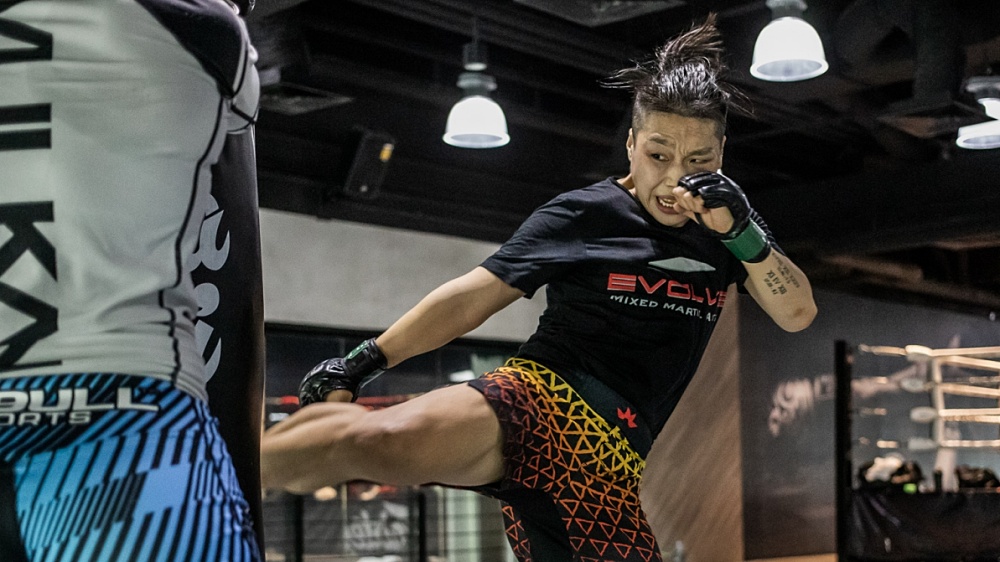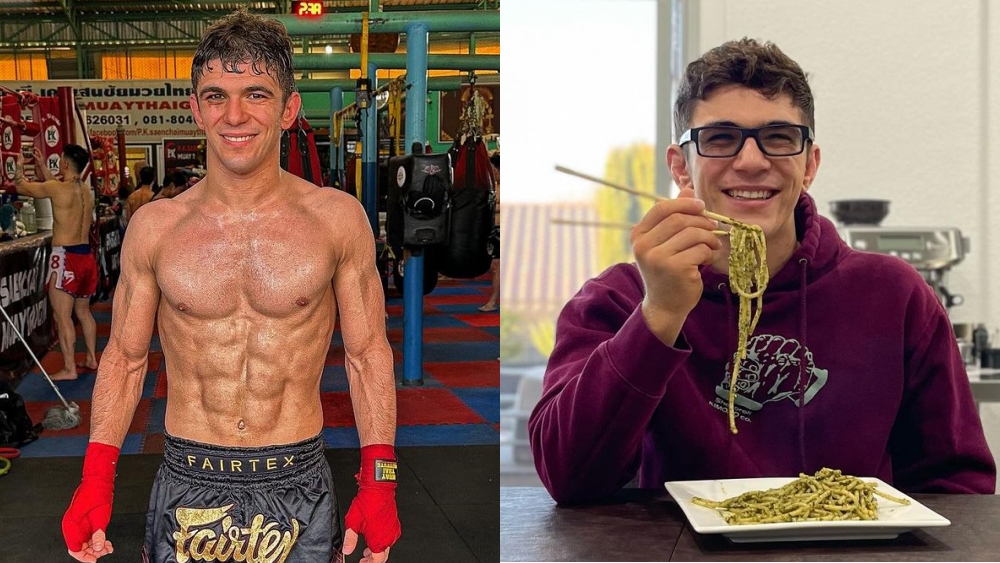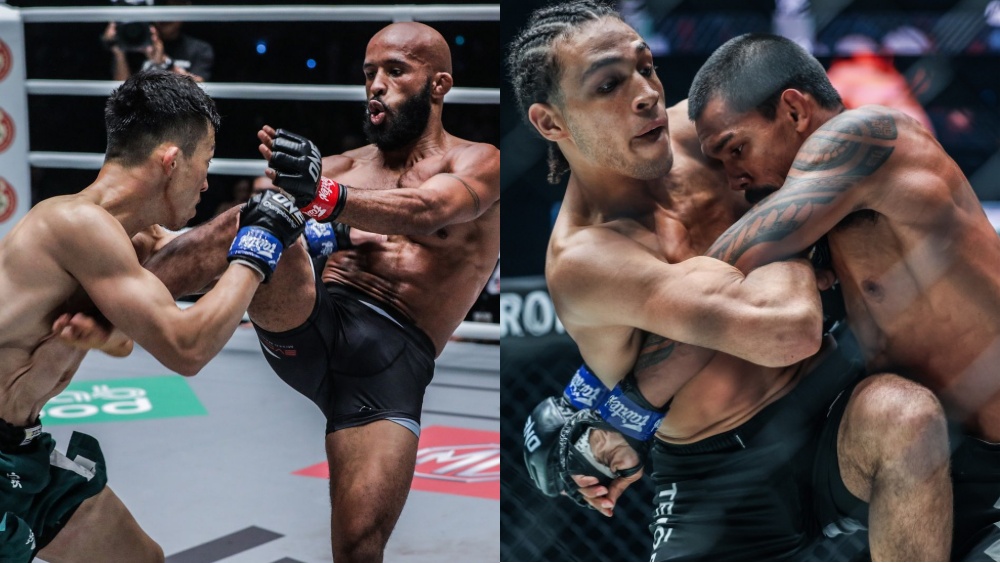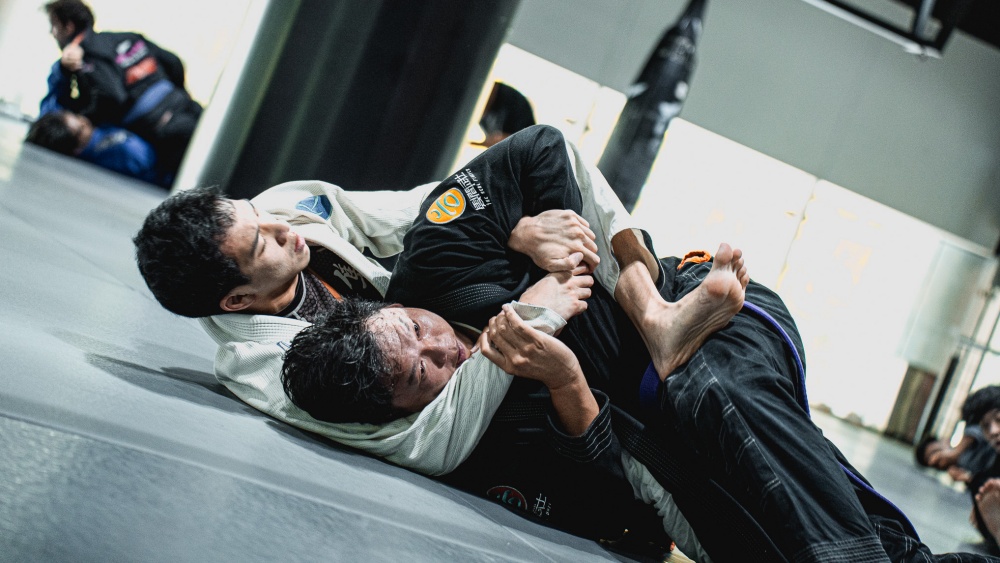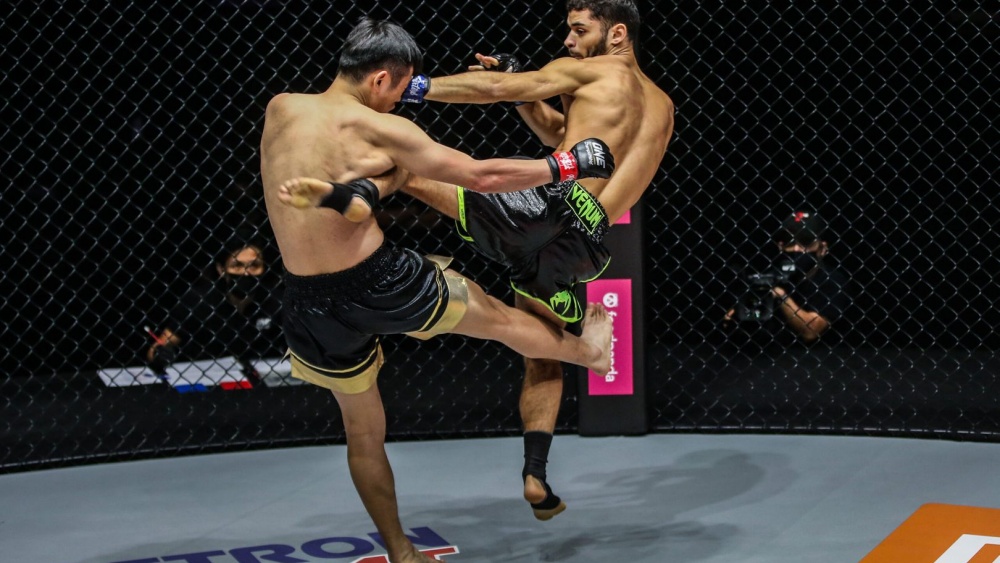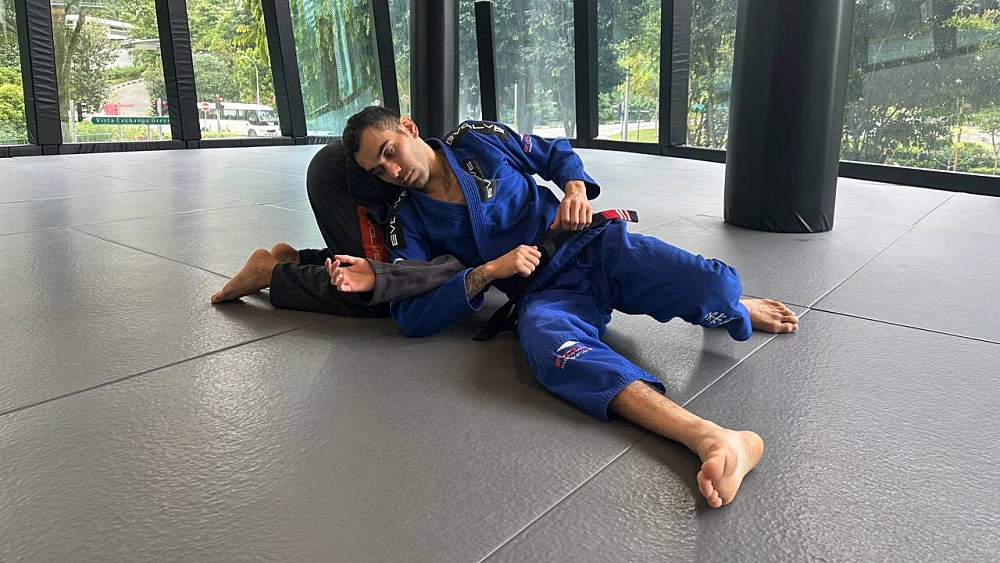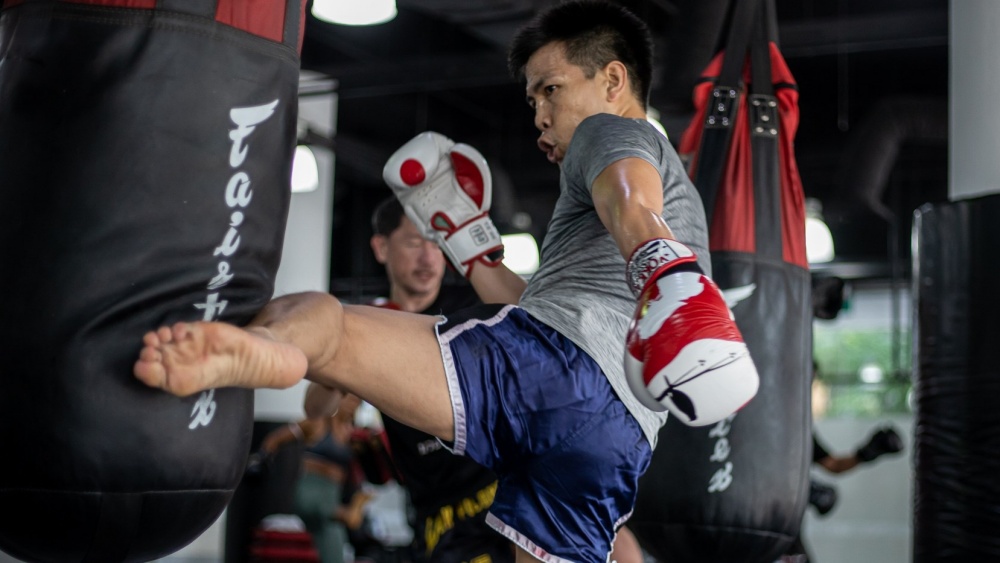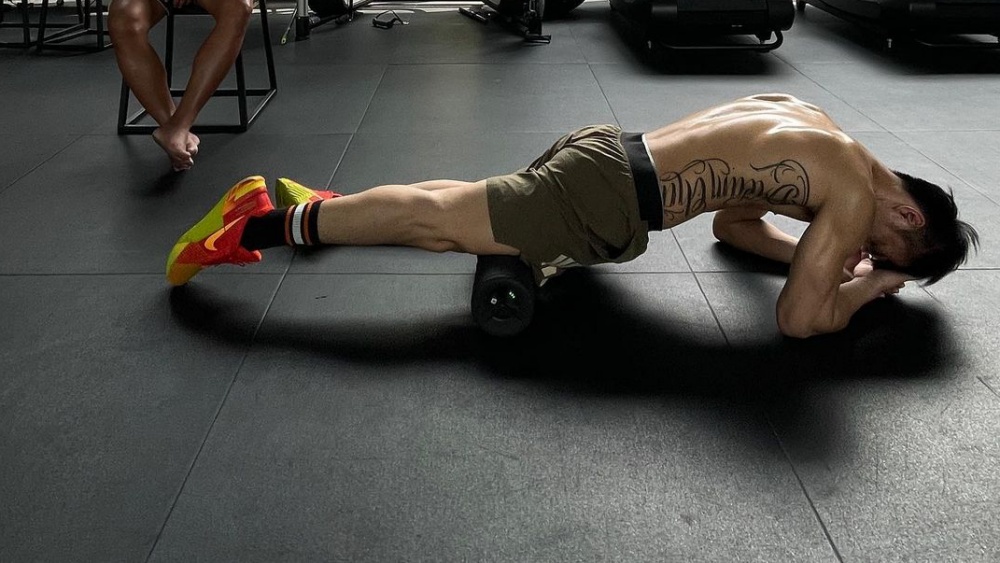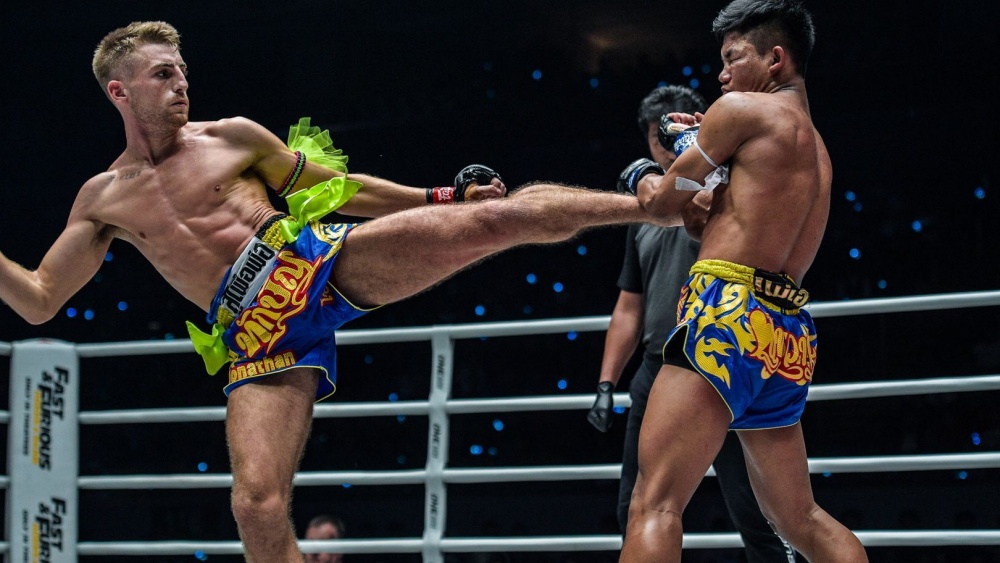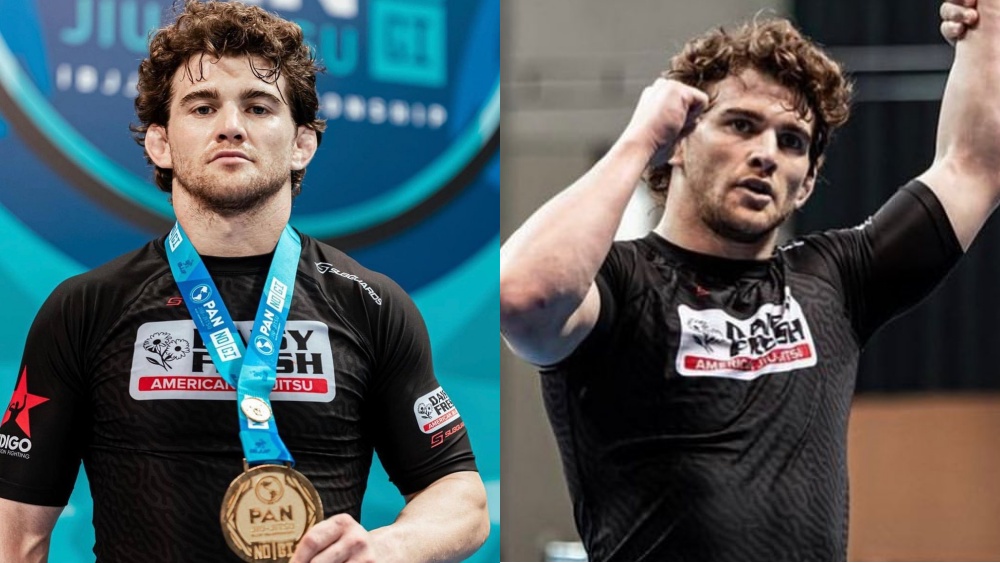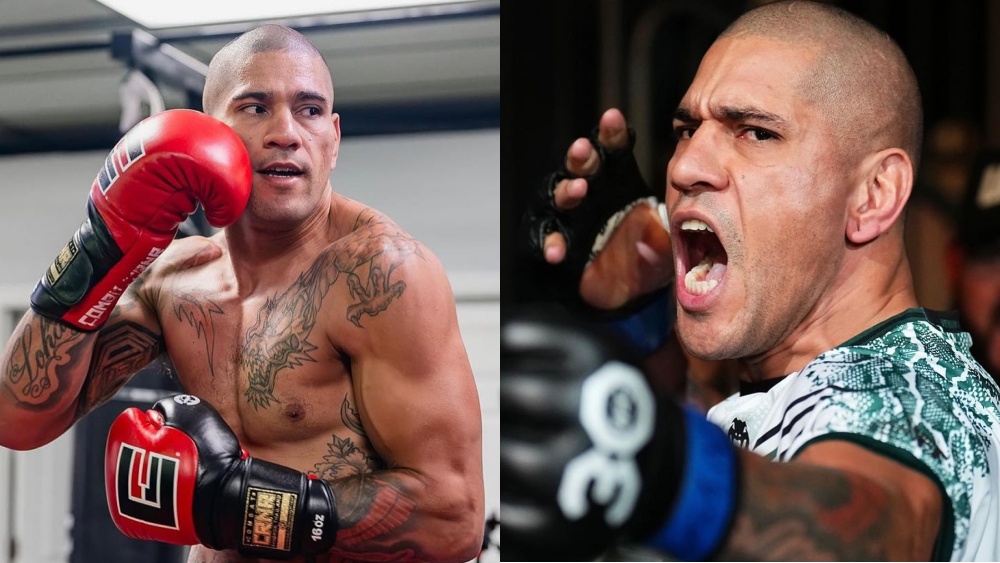Singapore, a bustling metropolis known for its modernity and technological advancements, is also a place where ancient traditions find a harmonious place in everyday life. One such tradition is Traditional Chinese Medicine (TCM), which has played a significant role in Singapore’s health scene for decades. In this article, we will explore the fascinating integration of TCM into the modern healthcare system of Singapore, and how its principles and practices can benefit martial arts practitioners, specifically those training in Muay Thai and Brazilian Jiu-Jitsu (BJJ).
Understanding Traditional Chinese Medicine
TCM is a comprehensive medical system that encompasses various modalities, including acupuncture, herbal medicine, dietary therapy, and therapeutic exercises such as Qigong. Its philosophy is deeply rooted in the concept of balance and harmony within the body, mind, and spirit. TCM practitioners believe that good health is achieved when the body’s energy, known as Qi, flows smoothly and harmoniously.
Integrating TCM With Modern Healthcare
In Singapore, the integration of Traditional Chinese Medicine (TCM) into the healthcare system has allowed for a complementary relationship between TCM and Western medicine. While Western medicine primarily focuses on the diagnosis and treatment of specific diseases and symptoms, TCM takes a holistic approach, considering the overall well-being of an individual.
Here are some ways in which TCM complements Western medicine in Singapore:
- Holistic Approach: TCM views the body as an interconnected system where imbalances in one aspect can affect the overall health. It emphasises the balance of Qi (vital energy) and the harmonious functioning of organs. This holistic approach complements Western medicine by addressing the underlying causes of illnesses, not just the symptoms. TCM can provide additional insights into a patient’s health by considering factors such as lifestyle, emotions, and environmental influences.
- Preventive Care: Western medicine excels in acute care and specialised treatments, but TCM focuses on preventive care and overall health maintenance. TCM practitioners emphasise the importance of maintaining balance and preventing illnesses before they occur. By promoting healthy lifestyle practices, dietary adjustments, and stress reduction techniques, TCM can complement Western medicine’s interventions by helping individuals take proactive measures to safeguard their health.
- Chronic Disease Management: Singapore, like many countries, faces an increasing burden of chronic diseases such as diabetes, hypertension, and cardiovascular conditions. TCM can play a role in managing these conditions by providing alternative approaches to symptom management, improving overall well-being, and reducing reliance on medication. TCM’s emphasis on personalised treatment plans and its ability to address underlying imbalances can contribute to a more comprehensive management strategy.
- Side Effects Management: Some Western medical treatments, such as chemotherapy or certain medications, can lead to side effects and discomfort. TCM can provide supportive care in managing these side effects, such as nausea, fatigue, pain, or emotional distress. Techniques like acupuncture, herbal medicine, and dietary adjustments can help alleviate symptoms and improve the quality of life for patients undergoing Western medical treatments.
- Integrative Clinics: Singapore has seen the emergence of integrative clinics that bring together both Western medicine and TCM under one roof. These clinics offer patients the convenience of accessing both systems of healthcare in a coordinated manner. The collaboration between Western medical doctors and TCM practitioners enables them to work together, share information, and develop comprehensive treatment plans that incorporate the best of both approaches.
- Patient Choice And Empowerment: The integration of TCM into the healthcare system in Singapore recognises the importance of patient choice and empowerment. By offering TCM as a viable option alongside Western medicine, patients have the freedom to explore and decide on the approach that resonates with them. This promotes patient-centred care and encourages individuals to take an active role in managing their health.
It is important to note that TCM and Western medicine are distinct systems with their own strengths and limitations. The integration of TCM into Singapore’s healthcare system allows for a collaborative approach, leveraging the benefits of both systems to provide patients with a more comprehensive range of treatment options and a personalised approach to their healthcare needs.
TCM In Sports And Martial Arts
Sports and martial arts training place significant demands on the body, requiring athletes to maintain peak physical condition while preventing injuries and enhancing recovery. TCM offers valuable insights and techniques that can complement and enhance the training regimen of martial arts practitioners.
Injury Prevention
Muay Thai and BJJ involve intense physical activity and are prone to injuries. TCM can play a crucial role in preventing injuries by improving overall physical condition and strengthening the body’s resilience. Treatments such as acupuncture and herbal medicine can be used to address specific vulnerabilities, strengthen weak areas, and promote optimal function.
Enhancing Performance
TCM’s holistic approach can help martial artists optimise their performance by balancing the body’s energy and improving overall well-being. Treatments can focus on enhancing stamina, boosting mental focus, and improving flexibility, all of which are essential for success in Muay Thai and BJJ.
Injury Rehabilitation
When injuries do occur, TCM can facilitate the healing process and speed up recovery. Acupuncture, herbal medicine, and therapeutic exercises can promote blood circulation, reduce inflammation, alleviate pain, and enhance the body’s natural healing mechanisms. TCM’s emphasis on individualised treatments can address the specific needs of each martial artist, facilitating a faster and more effective recovery process.
Finding The Right Balance
The integration of TCM into Singapore’s healthcare system provides martial arts practitioners with an opportunity to embrace the best of both worlds. By combining modern sports science with TCM principles, athletes can optimise their training, prevent injuries, and enhance their overall well-being.
Consulting A Qualified TCM Practitioner
To fully harness the benefits of TCM, it is crucial to consult a qualified TCM practitioner who understands the unique needs and challenges of martial arts training. These practitioners have a deep understanding of TCM principles and can tailor treatments to address specific concerns and goals.
As Singapore embraces the fusion of tradition and modernity, Traditional Chinese Medicine has found its place in the country’s healthcare scene. For martial arts practitioners, the integration of TCM offers a holistic approach to training, injury prevention, and recovery. By incorporating TCM principles and practices, martial artists can optimise their performance, enhance their overall well-being, and maintain the delicate balance between tradition and modernity.
Remember, embracing TCM is not about rejecting modern healthcare practices but rather integrating them harmoniously to achieve the best possible outcomes for martial arts practitioners in Singapore and beyond.
So, whether you’re practising Muay Thai or BJJ, consider exploring the potential benefits of Traditional Chinese Medicine and experience the power of a balanced approach to health and wellness.
You may also like:
